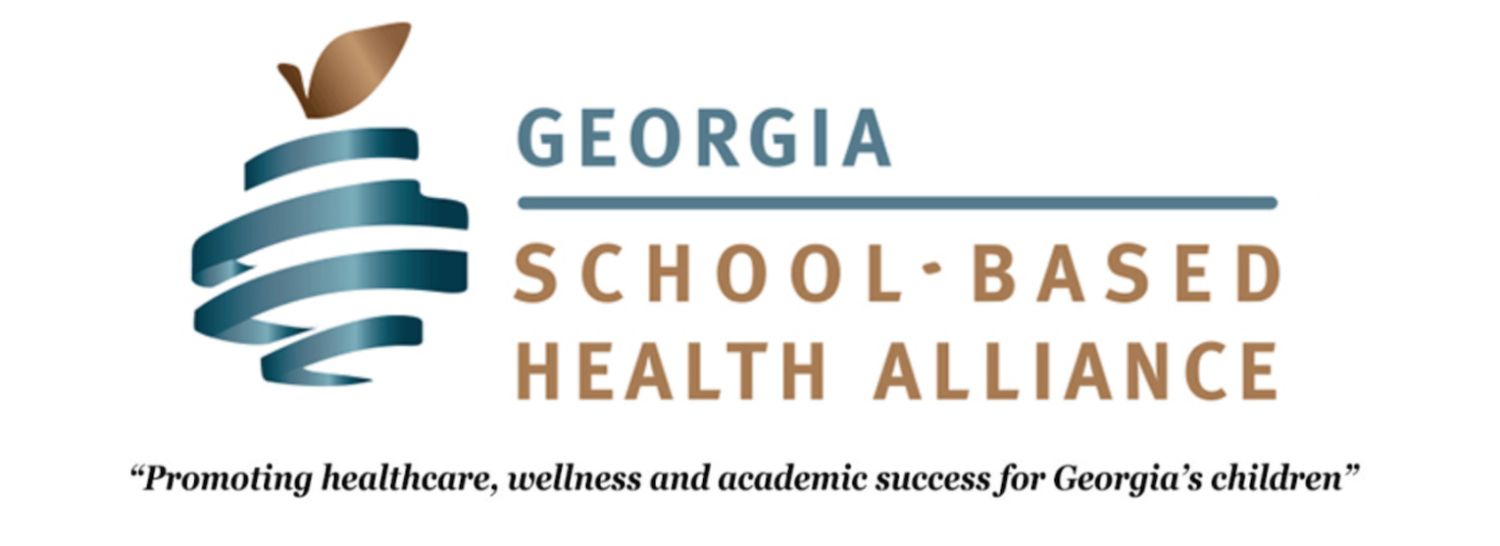School-Based Health Models
School-Based Health Centers (SBHCs)
School based health centers (SBHCs) have been proven to be models of healthcare that significantly increase access to healthcare and improve the overall health of children and adolescents, decrease the cost of healthcare for underserved populations, and are easily replicable.
Comprehensive school-based health centers have increased significantly over the past 20 years. Nationally, the number of comprehensive school based health centers has increased significantly since 1994 and change the approximate number of 2000 SBHCs to 2600 SBHCs. This model of health care delivery has been recognized as an effective means of providing quality healthcare for children that can significantly reduce barriers to health care for those living in poor communities. The barriers of cost, transportation, and hours of operation along with the lack of knowledge around how to manage one’s health and when to access health care are readily addressed through school based health clinics. There is significant evidence in the literature to support the role of SBHCs in increasing access to healthcare, improving health outcomes and reducing health disparities (i.e. mental health, asthma) and reducing medical costs for the most needy children and adolescents in our nation. In addition, SBHCs can significantly improve academic achievement as well as absenteeism rates.
In addition to increasing access to quality health care, SBHCs provide a sense of security to parents who rest assured in the knowledge that their child’s health care is covered at no or low cost; to school leaders who recognize that prompt attention to student illness means a faster return to the classroom; and to employers who appreciate that employee productivity is affected when they are unable to attend to their sick children. SBHCs also provide a savings to the public by reducing inappropriate emergency room usage among children and adolescents.
Although SBHCs may vary based on community need and resources, according to the School-Based Health Alliance, the basic tenets of SBHCs are that they:
are located in schools or on school grounds and work within the school to become a part of the school;
provide a comprehensive range of services that address the physical and behavioral health needs of students;
employ a multidisciplinary team of providers to care for the students, i.e. nurse practitioners, nurses, social workers, physicians, etc.;
provide clinical services through a qualified health provider such as a hospital, health department, or medical practice;
require parents to sign written consents for their children to receive services;
have an advisory board consisting of community representatives, parents, and youth to provide planning and oversight.
The scope of services for the clinics include but are not be limited to:
Diagnosis and treatment of acute and chronic illnesses and minor injuries
Routine health and sports physicals
Health Check (EPSDT) screenings/ Immunizations
Vision, hearing and dental screenings
Laboratory testing
Mental Health Services (Individual, group, and family counseling)
Social Service support
Health Education/ Health Promotion
Referrals to medical sub specialists and community agencies
It is the goal of the Georgia School Based Health Alliance to increase the number of SBHCs in Georgia to eliminate essentially every barrier to health care. The barriers of accessibility, affordability, fragmentation of care, and lack of transportation are easily eliminated with this health care model. Being where the children are, providing care irrespective of the patient’s ability to pay, and providing care in a coordinated, integrated system where all providers are operating under the same roof and in constant communication with one another makes school health an ideal model for addressing the needs of the most needy members of our society.
